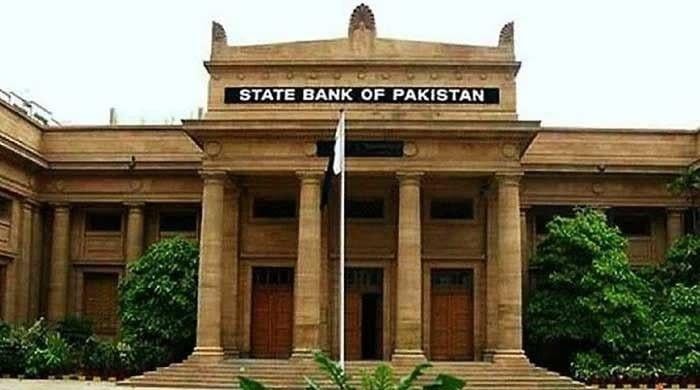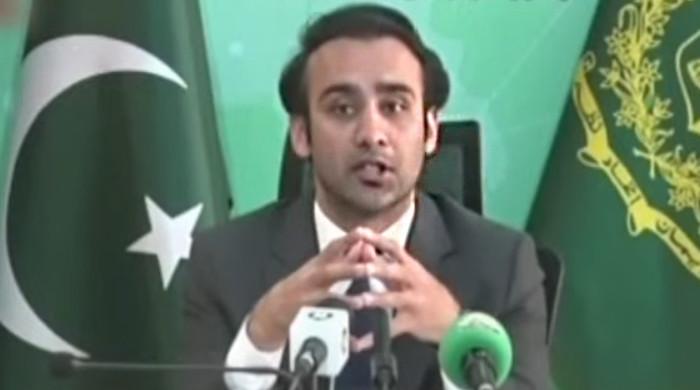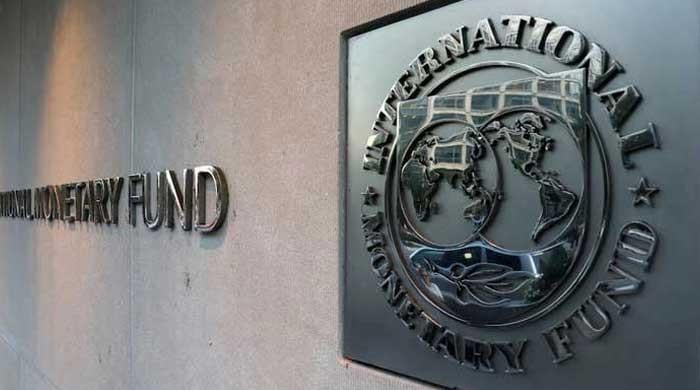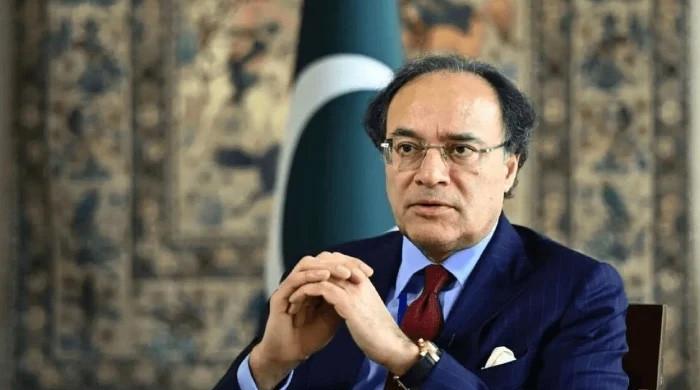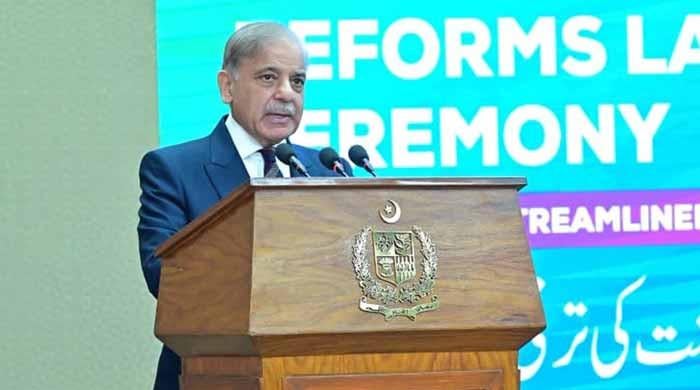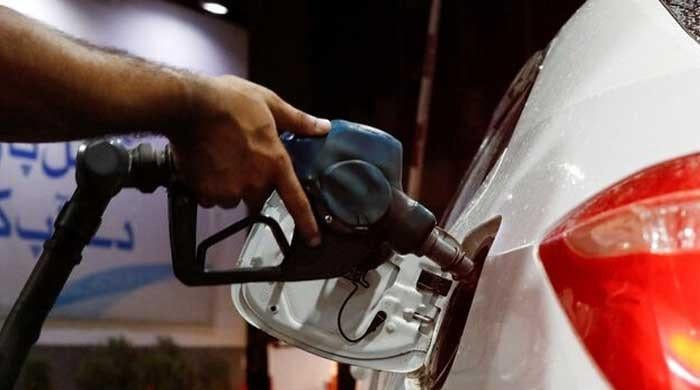Oil, gas reserves to be confirmed only after exploration: sources
Sources in Petroleum Division say it would be too early to claim that the country has discovered massive oil and gas reserves
September 07, 2024
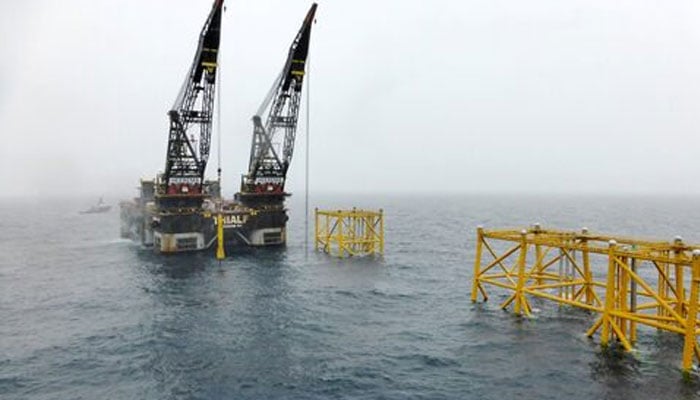
- Can't determine reserves' size until discovery of oil, gas: sources.
- They say data from geological survey is currently being studied.
- Petroleum Division to conduct bidding in next year's first quarter.
ISLAMABAD: As Pakistan looks to address its increasing fuel and energy requirements, Petroleum Division sources told Geo News on Saturday that the discovery of oil and gas reserves in the country's territorial waters could only be confirmed after due exploration.
"A geological survey was conducted to search for oil and gas in the sea [and] its data is being studied," sources within the Petroleum Division said, adding that it would be too early to claim that the country had discovered massive oil and gas reserves.
Elaborating on the way forward, Petroleum Division sources said that the Director General (DG) Petroleum Concessions Office will conduct bidding in the first quarter of next year.
Successful bidders will be awarded offshore blocks, they added.
The development is reported by sources as the inflation-weary masses continue to bear the burden of high utility bills and soaring prices driven by various reasons including the increase in petroleum prices over the past few years.
The country spends a significant amount of its foreign exchange reserves on petroleum imports and any major discovery of oil or gas reserves is likely to result in a considerable boost to the nation's efforts in meeting its energy and also stabilise the economy.
Pakistan's oil reserves, according to data released by Pakistan Petroleum Information Services, have witnessed a significant decline of 14% year-on-year, dropping to 193 million barrels in December 2023 from 2024 million barrels in the previous year, The News had reported in March this year.
Furthermore, the publication also reported that gas reserves also declined by 5% year-on-year, standing at 18,109 billion cubic feet (bcf) compared to 19,042 bcf in December 2022.
In light of the prevailing situation, the incumbent government last month announced its plans to auction 20 offshore blocks for oil and gas exploration.
Speaking during a session of the National Assembly’s Standing Committee on Energy (Petroleum Division), Petroleum Minister Musadik Malik informed the parliamentary panel that Prime Minister Shehbaz Sharif's administration was accelerating efforts on onshore tight gas exploration. New incentives have been introduced to attract companies, as previous policies made exploration costly and unfeasible.
With regards to the reports of the discovery, the sources mentioned that the country has carried out searches for oil and gas reserves in the sea on several occasions before, highlighting that offshore exploration activities in the past were based on estimates.
"Until gas or oil is discovered, the size of the reserves cannot be determined," the sources noted.
It is pertinent to mention that several oil and gas reserves have been discovered across the country in the ongoing year.
Last month, TAL Joint Venture, comprising MOL Pakistan Oil & Gas Co. B.V. (Operator), Oil and Gas Development Company Limited (OGDCL), Pakistan Petroleum Limited (PPL), Pakistan Oilfields Limited (POL) and Government Holdings Private Limited (GHPL) had announced the discovery of gas condensate in the Razgir-1 exploratory well, located in Kohat district.
Before that, gas discoveries were made in Punjab's Rahim Yar Khan and Sindh's Sujawal and Khairpur districts.




